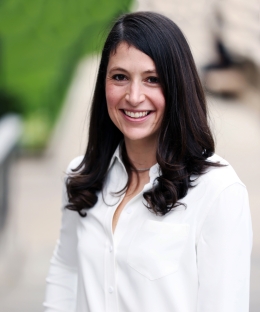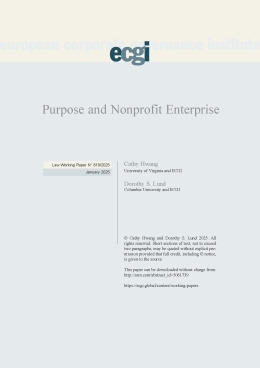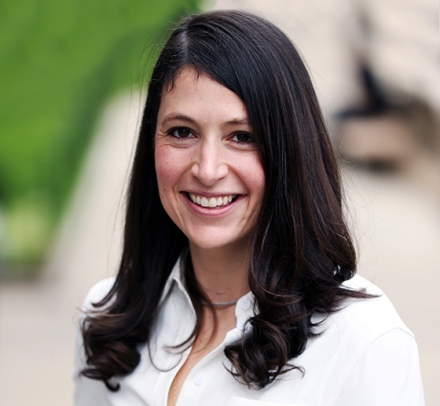
Dorothy S. Lund
- Columbia 1982 Alumna Professor of Law
J.D., Harvard Law School, 2013
B.A., Pomona College, 2009
Corporate Law
Corporate Governance
Securities Regulation
Contracts
Mergers and Acquisitions

J.D., Harvard Law School, 2013
B.A., Pomona College, 2009
Corporate Law
Corporate Governance
Securities Regulation
Contracts
Mergers and Acquisitions
The co-director of Columbia Law School's Ira M. Millstein Center for Global Markets and Corporate Ownership, Dorothy S. Lund teaches and writes extensively on corporate law, corporate governance, securities regulation, contracts, and mergers and acquisitions. She is a co-host of season four of the podcast Beyond Unprecedented: The Post-Pandemic Economy.
Several of her articles have been voted among the top 10 corporate and securities law articles of the year. Her work has been published in the Columbia Law Review, Journal of Corporation Law, Stanford Law Review, Texas Law Review, University of Chicago Law Review, University of Pennsylvania Law Review, and Yale Law Journal Forum, among other journals. She has also written for popular publications including The New York Times, The Atlantic, and The Wall Street Journal. She is the co-author of Corporations and Other Business Associations (with Charles R.T. O’Kelley and Robert B. Thompson, Aspen Publishing).
Before entering academia, Lund clerked for Chief Justice Leo E. Strine Jr. of the Delaware Supreme Court and Judge Joel M. Flaum of the U.S. Court of Appeals for the 7th Circuit. She also practiced corporate law at Sullivan & Cromwell in New York.
Lund joined Columbia Law School as professor of law on July 1, 2023. Prior to coming to the Law School, she was associate professor of law at University of Southern California Gould School of Law. Lund has also held visiting professorships at the University of Chicago Law School and the University of Pennsylvania Carey Law School.

Nonprofit enterprise is responsible for a large share of economic activity across the globe. And yet, leading theories fail to explain why nonprofit business survives and even thrives across a vast number of industries, ranging from artificial intelligence to beer brewing, despite an absence of shareholder control. Indeed, as shareholder ownership and intervention rights have become the core component of successful corporate governance, this success is all the more surprising.
We offer a novel “purposeful enterprise” theory to explain the puzzling success of nonprofit enterprises. Drawing on research in behavioral economics and organizational science, we argue that organizational purpose can serve as a substitute for shareholder control and monitoring, by mitigating managerial agency costs and aligning employee incentives. Nonprofit enterprise may also promote value creation by improving the stability of the entity. Our theory clarifies why nonprofit businesses and other related purposeful enterprises have thrived in certain industries and not others. It also sheds light on fundamental debates in corporate law, including that of the corporation’s purpose in society. In particular, it suggests that shareholder ownership and control is not the only means of addressing agency costs and improving organizational efficiency.
Selected Popular Publications and Shorter Works

The prolific scholar joins the faculty as a professor of law to research and teach about the role of corporations in the world.